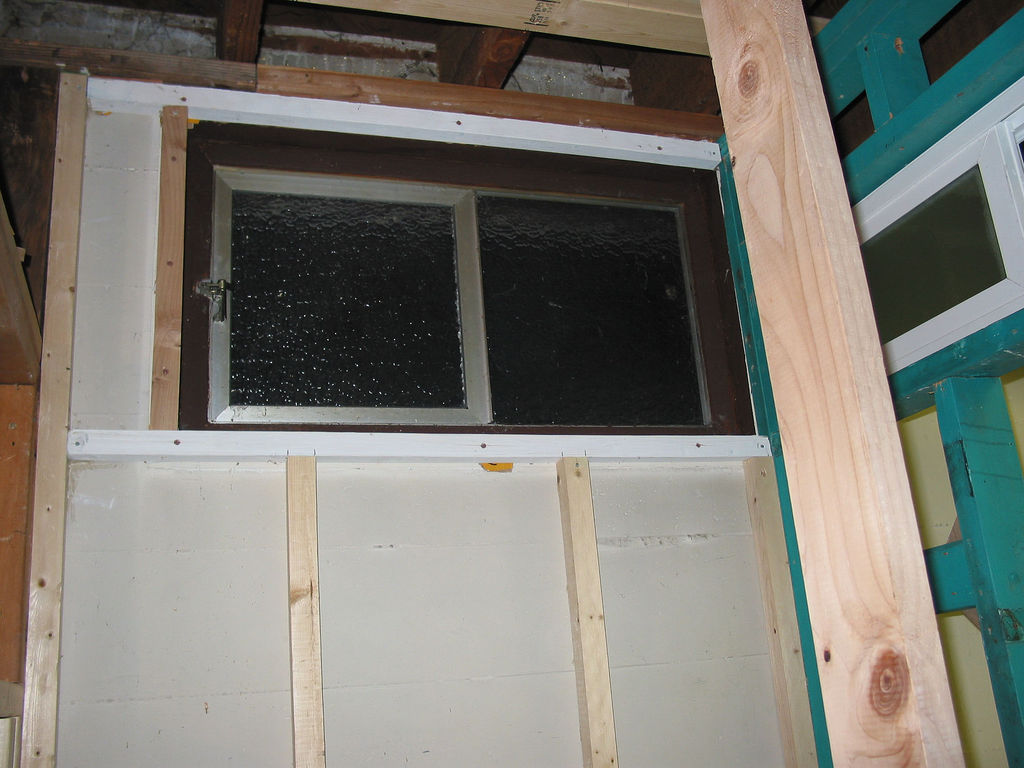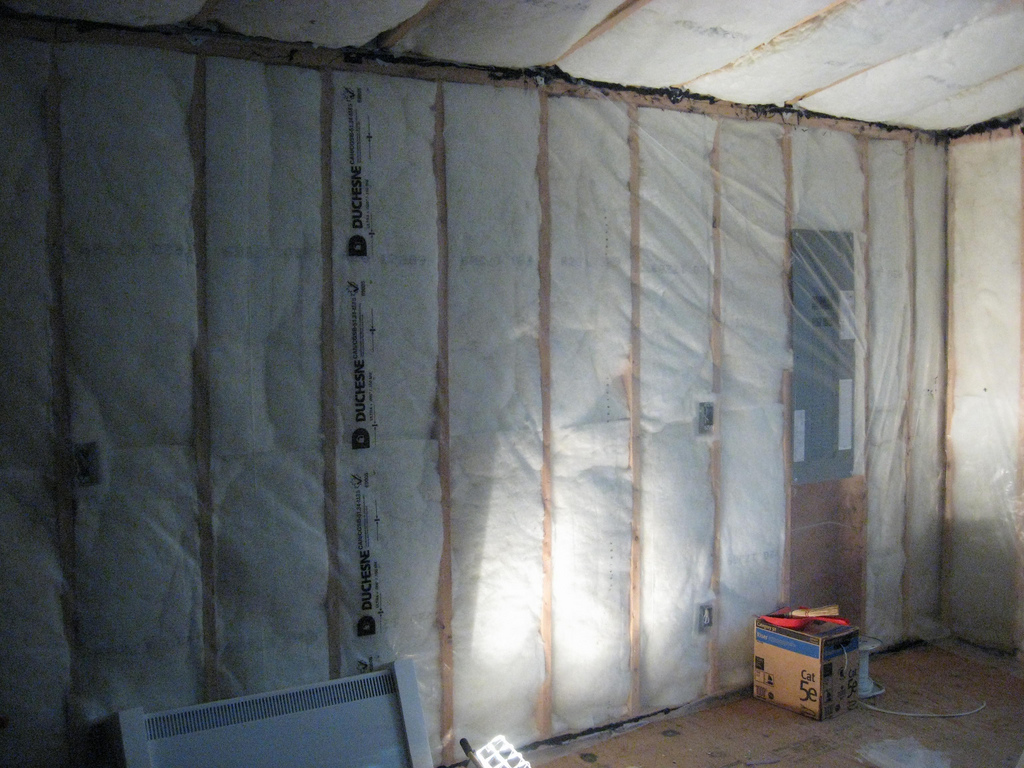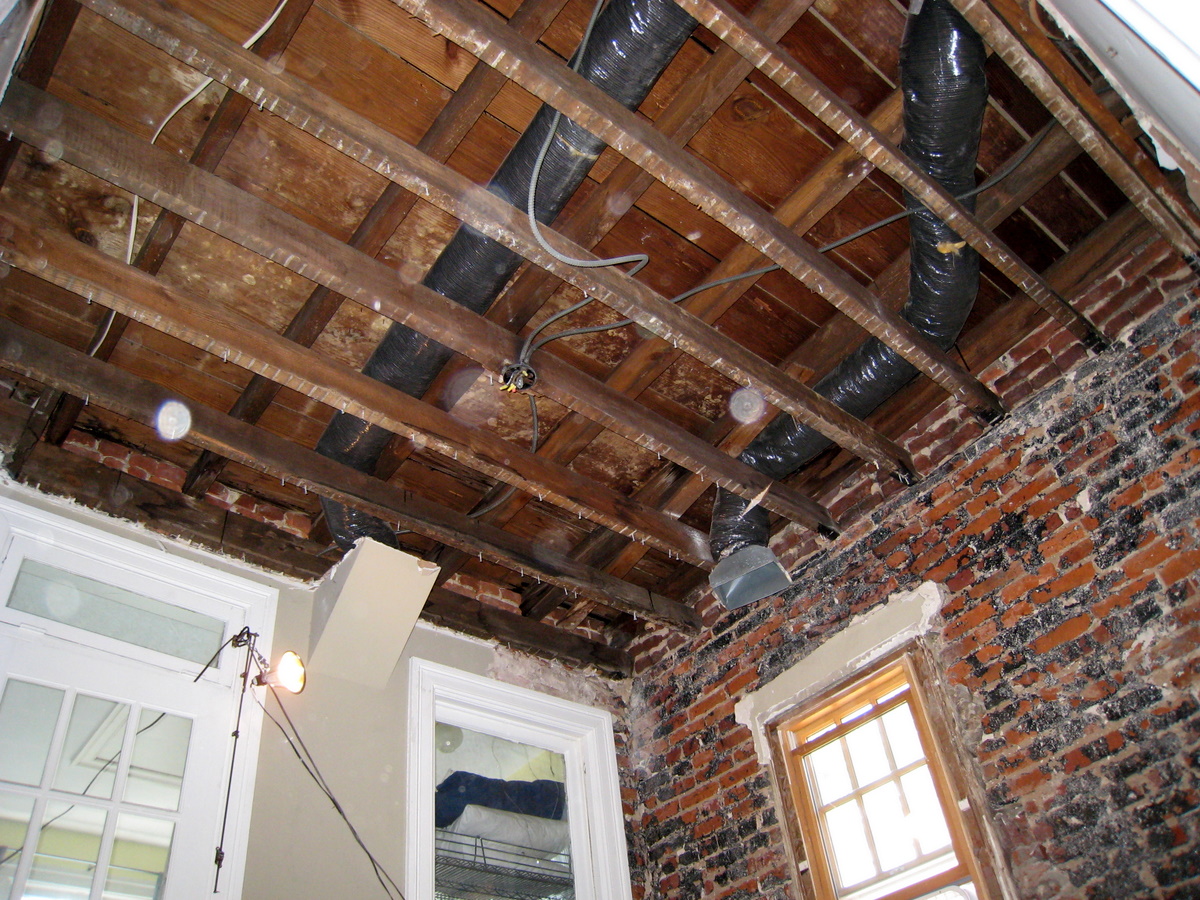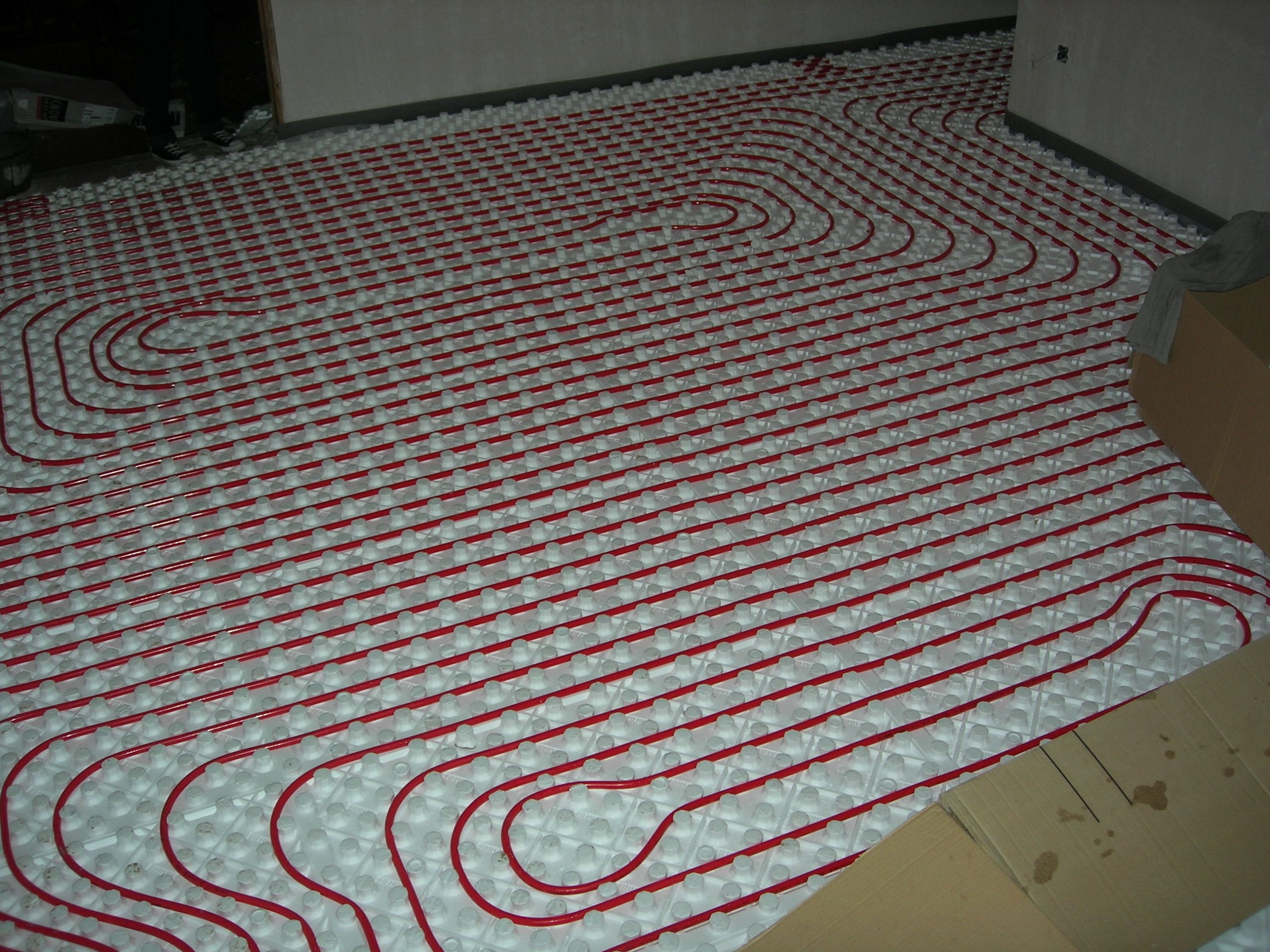Renovating a basement can transform unused space into a glorious new addition to your home, but there are some important things to know before diving in headlong into a reno. From securing proper permits to resolving any water issues, here are 10 things you should address before tackling a basement renovation like Sarah Richardson or Scott McGillivray.
By Brent Furdyk

Time for a Basement Upgrade
Dreaming of transforming your underground space? Sarah Richardson pulled off a major basement reno in this home, turning a dark and cramped basement into an inspiring family space-after lots of demolition-and you too can do the same.

Scott’s Basement Transformation
Or perhaps you want to turn your basement into a full-blown apartment, like Scott McGillivray did with this basement income suite makeover. Read on to see what you need to tackle first.

Water and Leakage
Water is the biggest enemy a refinished basement can face, with even a small amount of moisture leading to major mold and mildew problems down the road. The first step is to identify any problems with water or leaking and correct them before beginning, so be on the lookout for pooling water or any dripping. Also look for any cracks in the foundation wall that may be letting moisture seep in. Getting these issues dealt with first will save a lot of pain later on.

Leave Room Between Walls
Despite the best efforts, moisture can still be an issue in some basements, and when that’s the case you can battle the problem by adding thin slats of wood or metal (furring strips) to the outside wall to create a space between the outer wall and the framed inner wall, which will prevent moisture from entering.

Permits and Building Codes
If your basement reno includes any plumbing or electrical work (and it probably will), it’s always a good idea to check with your local municipality to see whether any permits and inspections are required for the reno you have in mind.

Vapor Barrier
Once any lingering moisture issues are corrected, ensure your basement remains dry as toast by installing a vapor barrier to basement walls and floors.

Investigate Fasteners
There’s an excellent chance you’ll be drilling into concrete, masonry or brick along the way, and it’s important to ensure you’ve got the right fasteners and anchors that will get the job done when regular nails and screws won’t suffice.

Insulation
Insulation is not a step you want to skip in a basement reno, regardless of the climate. Insulation will keep your basement cool in the summer and warm in the winter, and will also serve as an extra layer of moisture control. There are various types from which to choose, including spray-foam insulation and foam-core, so do your homework to determine what type of insulation will best serve your needs.

Consider the Ceiling
When finishing the ceiling, it may be beneficial to consider a dropped ceiling with removable ceiling tiles. This allows after-the-fact access to pipes, wiring, etc. after the renovation is complete without having to demolish drywall. A dropped – or suspended – ceiling will reduce the ceiling height, so take that into consideration.

Lighting
If you do decide on a dropped ceiling, consider installing recessed lighting, which takes up considerably less overhead space than fixture or hanging light.

Heating
While electric baseboard heating can be a great option for a finished basement, there are other options to consider. Sub-floor radiant heating, for example, will ensure a warm, comfy basement space, but it’s a decision best made prior to embarking on renovation, as it becomes a far more onerous process to add once flooring has already been installed.

Utility Room
When renovating, ensure you leave enough space for a utility room to house the water heater, furnace, HVAC unit, etc. While you may be tempted to refinish this area as part of your reno, there are specific code requirements when it comes to space and framing, and you’ll want to keep the area accessible for any future inspections of potential repairs.
HGTV your inbox.
By clicking "SIGN UP” you agree to receive emails from HGTV and accept Corus' Terms of Use and Corus' Privacy Policy.




